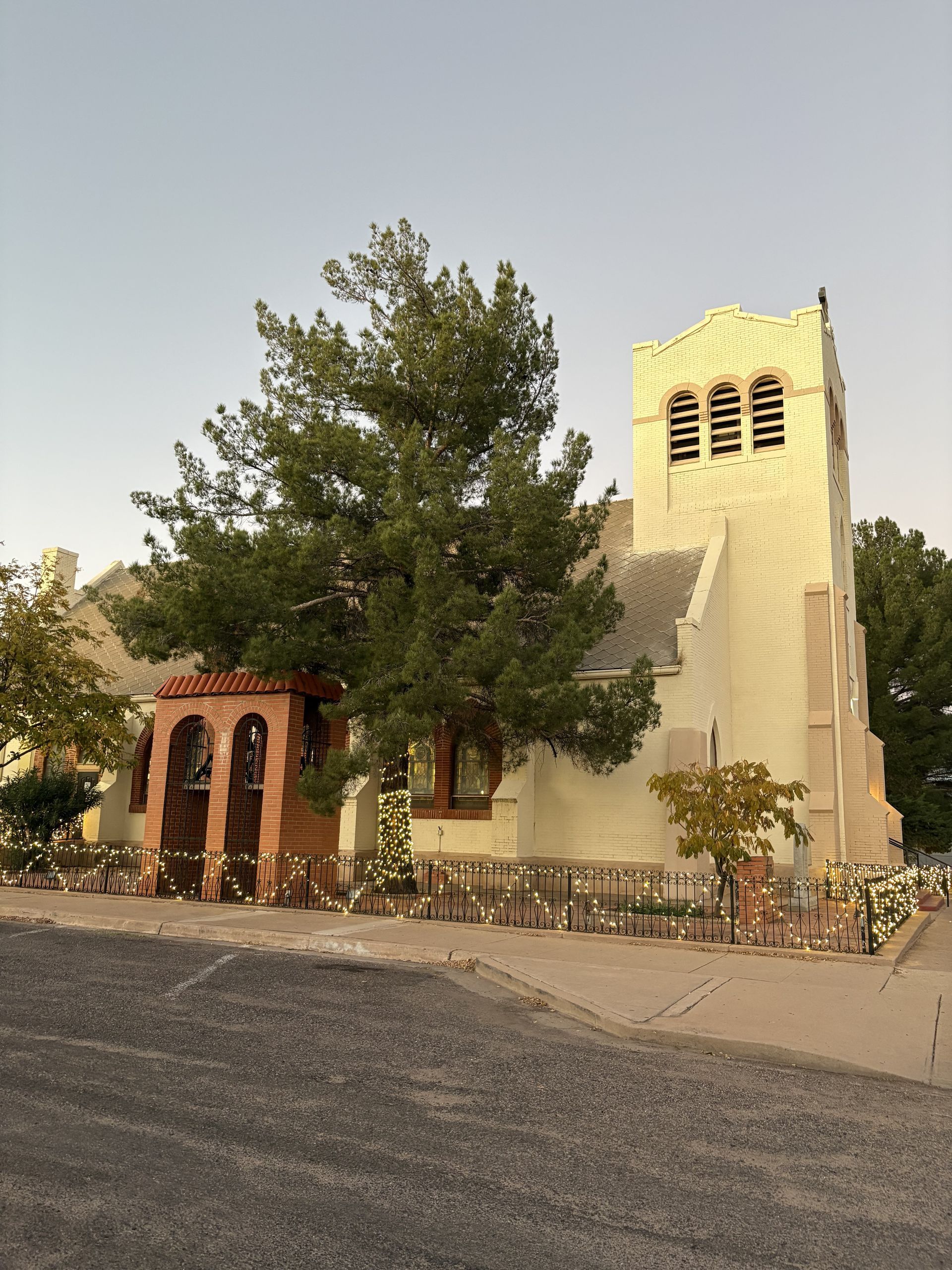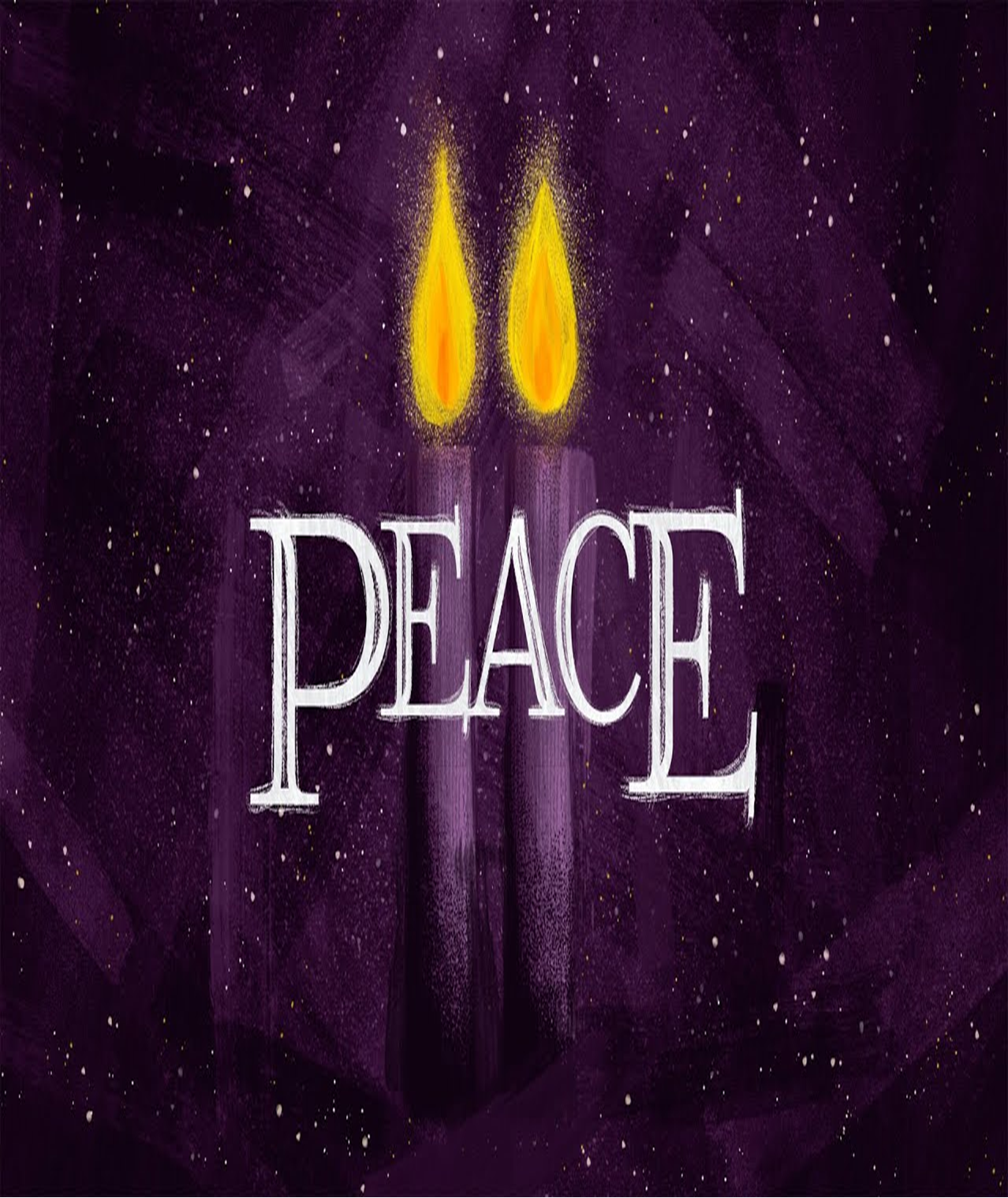Each year, on this terrible event of Good Friday, we come together to attend the evening Memorial service facing the veiled crucified Christ, to hear the Passion of the Lord according to John, to adore the Lord in the wooden cross, to receive him in holy communion and to gaze at the horrifying view of the cross as our attempt to pay respect and to give tribute to the tortured Lord. I suspect none of us in this gathered assembly, by any stretch of the imagination, see ourselves physically nailed to the cross. Devotions on Good Friday such the Stations of the Cross emphasized the helplessness, sorrow and grief of this tragic event.
Crucifixion was God’s powerful expression of solidarity to the suffering, the distressed, the abandoned and sinful humanity. We all wish it never happened but the crucified Messiah chose to suffer crucifixion and became the object of horror to silence humanity’s endless engagement in cycles of violence, vengeance, retribution of any kind, to stop the ruling axis of evil in all its forms that many of us have been desensitized, from exploitation, to scapegoating to killing in the name of God and those who believe that peace can only be attained by the use of force and armed struggle. Only Jesus didn’t submit to the idea.
Christianity is not immune to violence. Crucifixion was the most brutal punishment anyone could ever face. To suffer crucifixion is beyond words. This unspeakable crime was widespread in antiquity. To be hung on the cross for public execution was meant to shame, to embarrass and to humiliate anyone plotting to destabilize the empire. This extremely cruel act was reserved only for slaves, for those who have no rights at all, for those at the lowest level of society, for convicted criminals blamed for all the problems in society, sort of scapegoating. The idea was that for as long as you can get rid of the outlaws, life would be a bliss and you would live in a perfect world.
Why did Jesus have to go through this to save us? The tortured Messiah, the crucified God, in cognito, had to endure a sacrificial death in such a magnitude to shock our desensitized minds.
None of us met Jesus personally. We heavily rely on the testimony of the scriptures about his life but the fact that he had a considerable following, he must have been a charismatic person: loving, caring, humble, grateful, gifted with a godly and an amazing personality. His moral vision was unshakeable even under intense pressure. He didn’t want to die. The synoptics tell us that he was troubled and even asked God in the garden of gethsemane to let the cup of suffering pass him by. In the cross, he felt God abandoned him, My God, my God, why have you forsaken me? He was not some crazy person seeking attention and popularity. He was not a political instigator. He was not subversive by nature nor an outlaw for the sake of breaking the law. His purpose was to establish the kingdom of God but unfortunately, didn’t materialize in his lifetime because of his short life.
Why did Jesus have to suffer and die on the cross? Why didn’t God come to the rescue when he surely could have done something? There are as many answers as there are questions. Humanly speaking, he was considered a threat to his day and the challenge is similar in content he brings to all sectors of society as well as to secular and religious institutions. Good Friday then represents and exposes our sins against each other and the world along with the endless moral erosion. What he wanted was to end the cycle of violence and the structure of sin. That’s why, many though that his death was a bail- out, a ransom, an expiation, an atonement for our sins. Many believed that by his death alone, he already saved us.
His disciples along with the crowds thought all his efforts were a colossal failure, a phenomenal defeat. When they started to see things were falling apart, they deserted him. Peter denied him, not once but three times. The crowds who cheered for him on Palm Sunday, jeered and mocked him at the arrest and trial. His death was inevitable. He humbly accepted it but didn’t compromise his mission to bring justice and peace to the world in stark contrast to the myth of redemptive violence. Did he completely eradicate sin and the vicious cycle of apathy and indifference? No. In fact, it even got worse. Is the world more peaceful now than his time? Hard to tell. It has become even more violent. We perfected the art of killing each other. Assault weapons are our toys. Fortnite is our favorite video game. And we complain whenever violence strikes us. Think about it. Amen.



